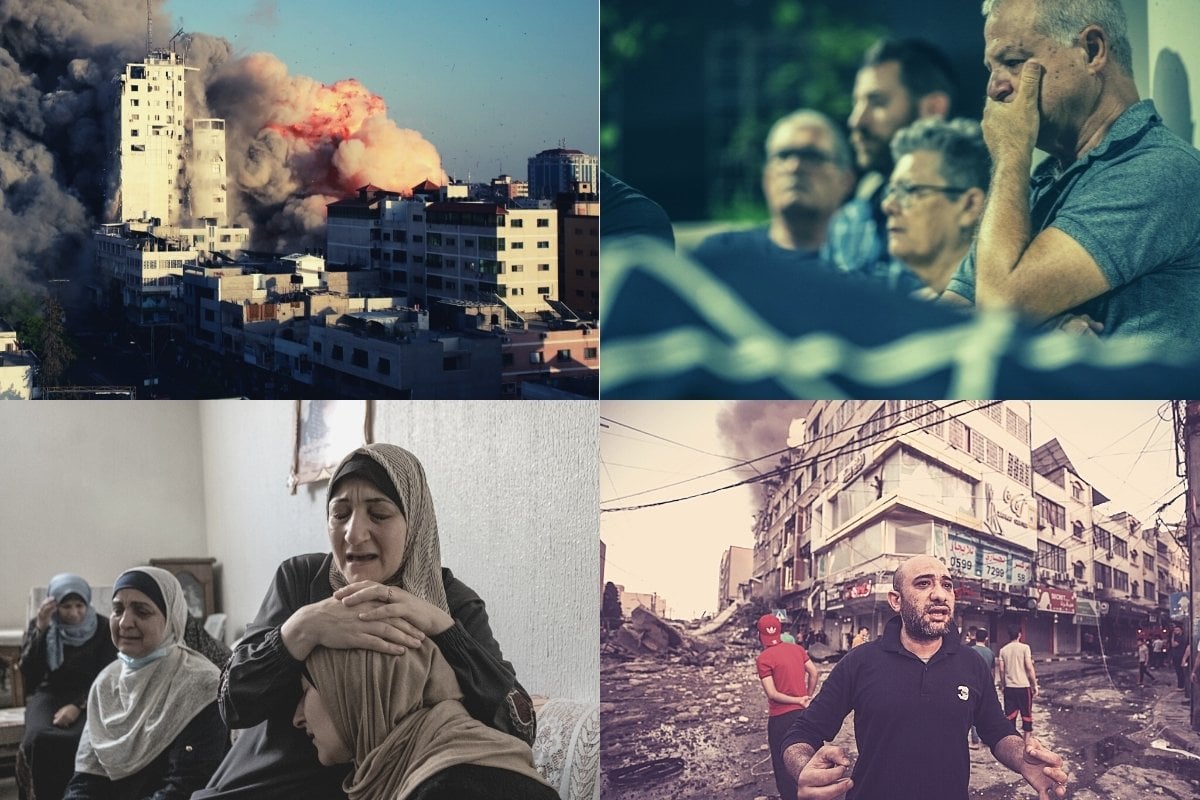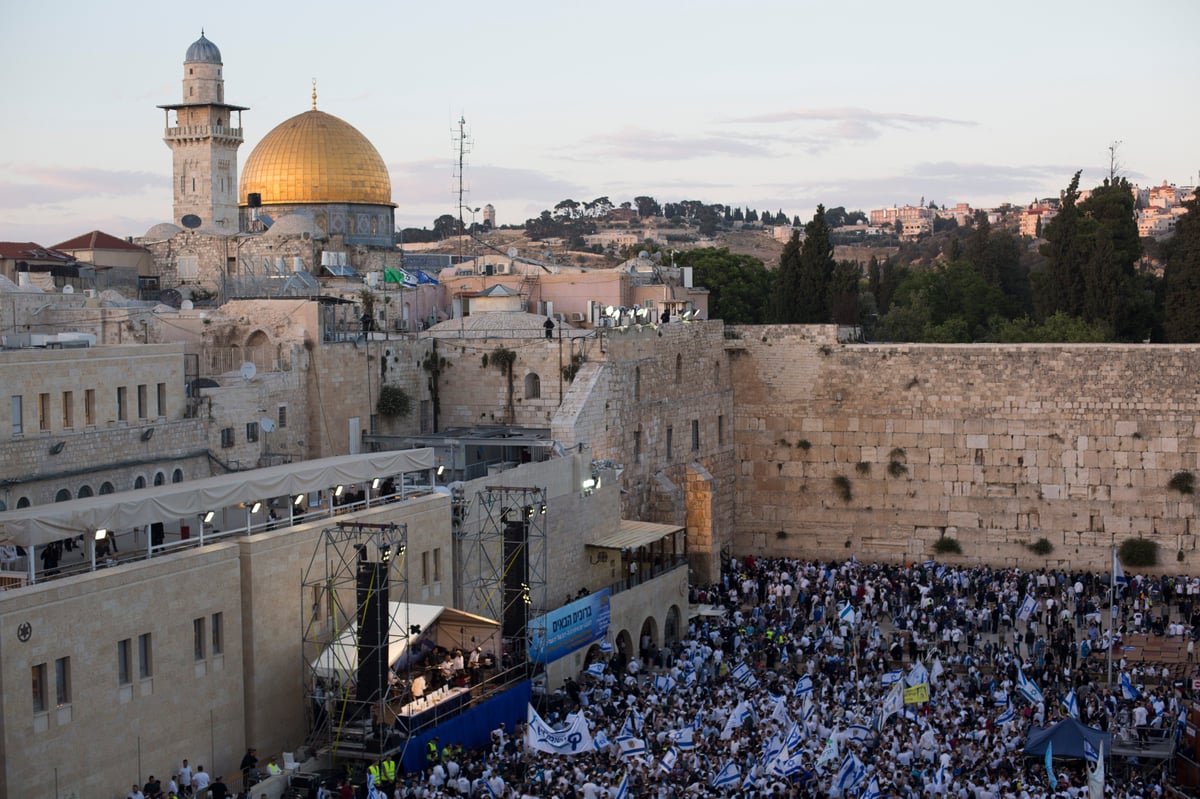
The hostility between Israel and Palestine is often referred to as the Middle East's 'open wound'. This week, that wound is bleeding once again.
Rockets are being hurled from both sides and lethal street clashes are raging, in the latest escalation of a deadly, decades-old conflict between the two states.
It's the worst violence seen in years. Buildings have been flattened, children killed, and there are reports of attempted lynchings on both sides. And there are fears it's only going to get worse.
Having survived a surge of Israeli airstrikes on Wednesday, a 30-year-old Gaza man told The New York Times, "The sound was very, very horrific. It was like a state of war. It was the first time I ever heard anything like this."
So what's triggered this latest conflict? And what caused the wound in the first place?
Let's take a look.
Start from the beginning. What's behind the conflict between Israel and Palestine?
At its most basic, it's a dispute about territory.
In the late 1800s, a movement called Zionism emerged among Jews, calling for the establishment of Jewish homeland in Palestine.
Tens of thousands migrated to this ancient holy land, seeking connection to their ancestors and proximity to sites of sacred significance. Most notably, Kotel or the Wailing Wall, the last remaining portion of an ancient retaining wall that surrounded the Temple Mount — the holiest site in Judaism.
After World War II, during which over 6 million Jews were slaughtered, the push for a Jewish state intensified. And ultimately, it came to pass.


Top Comments